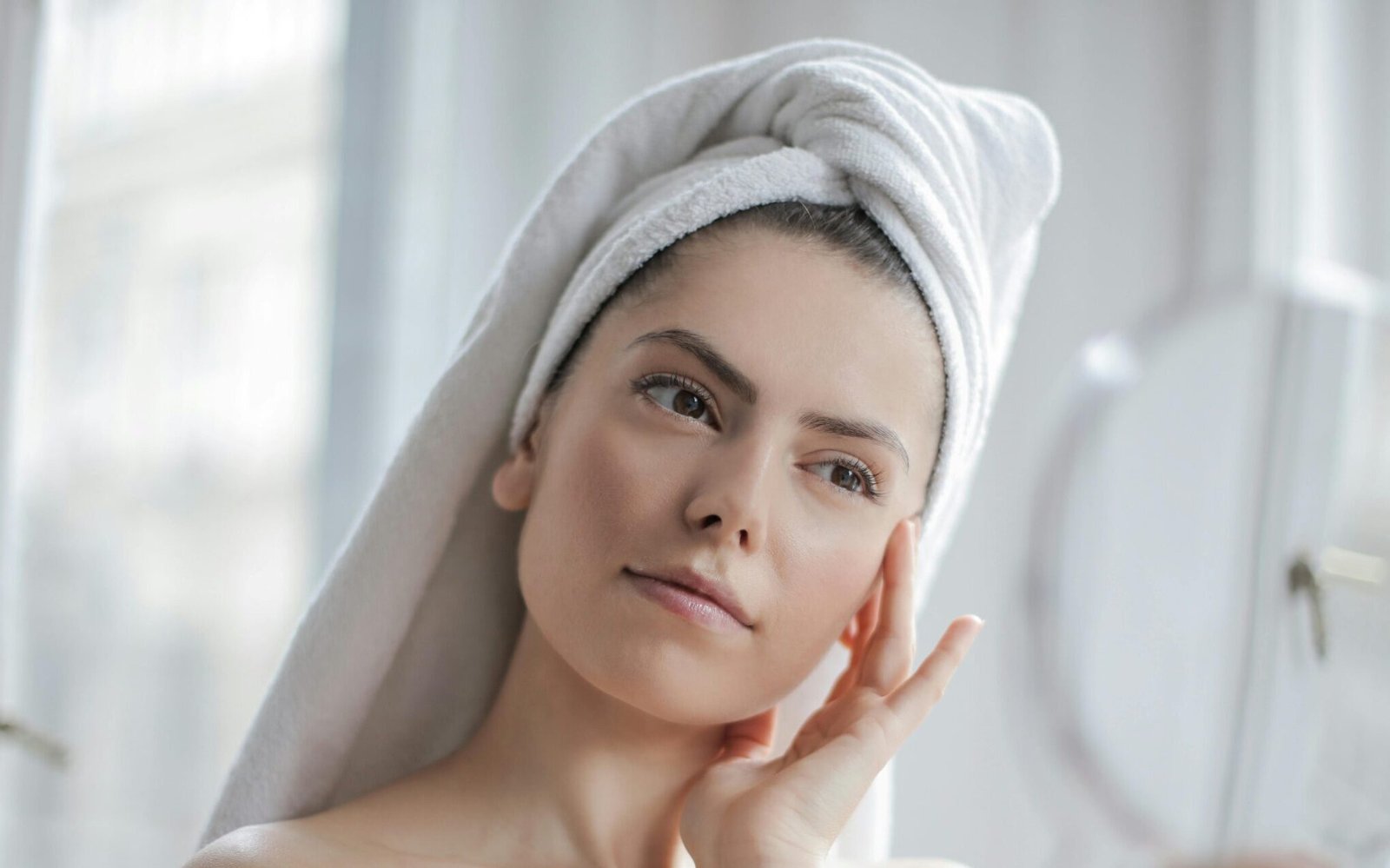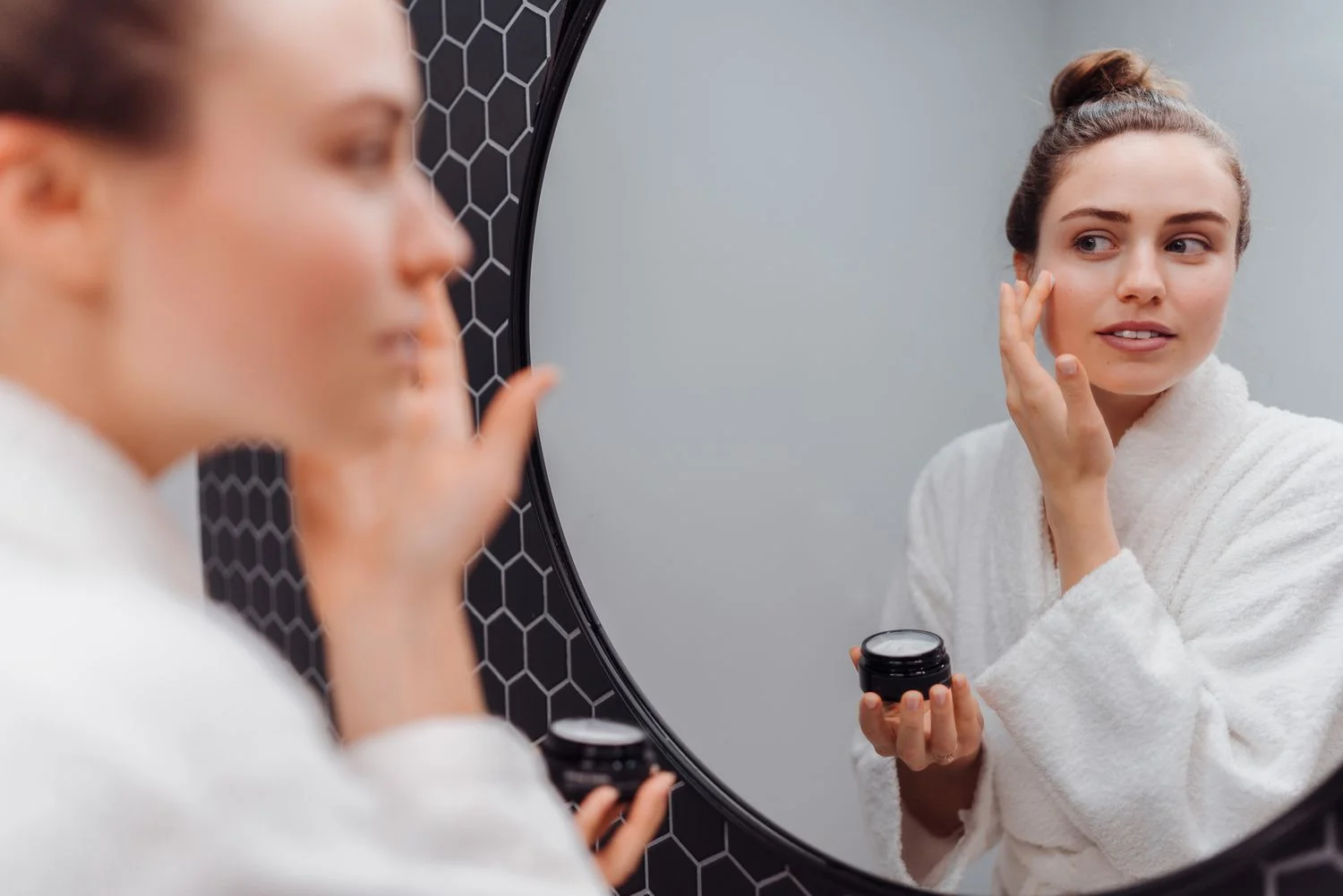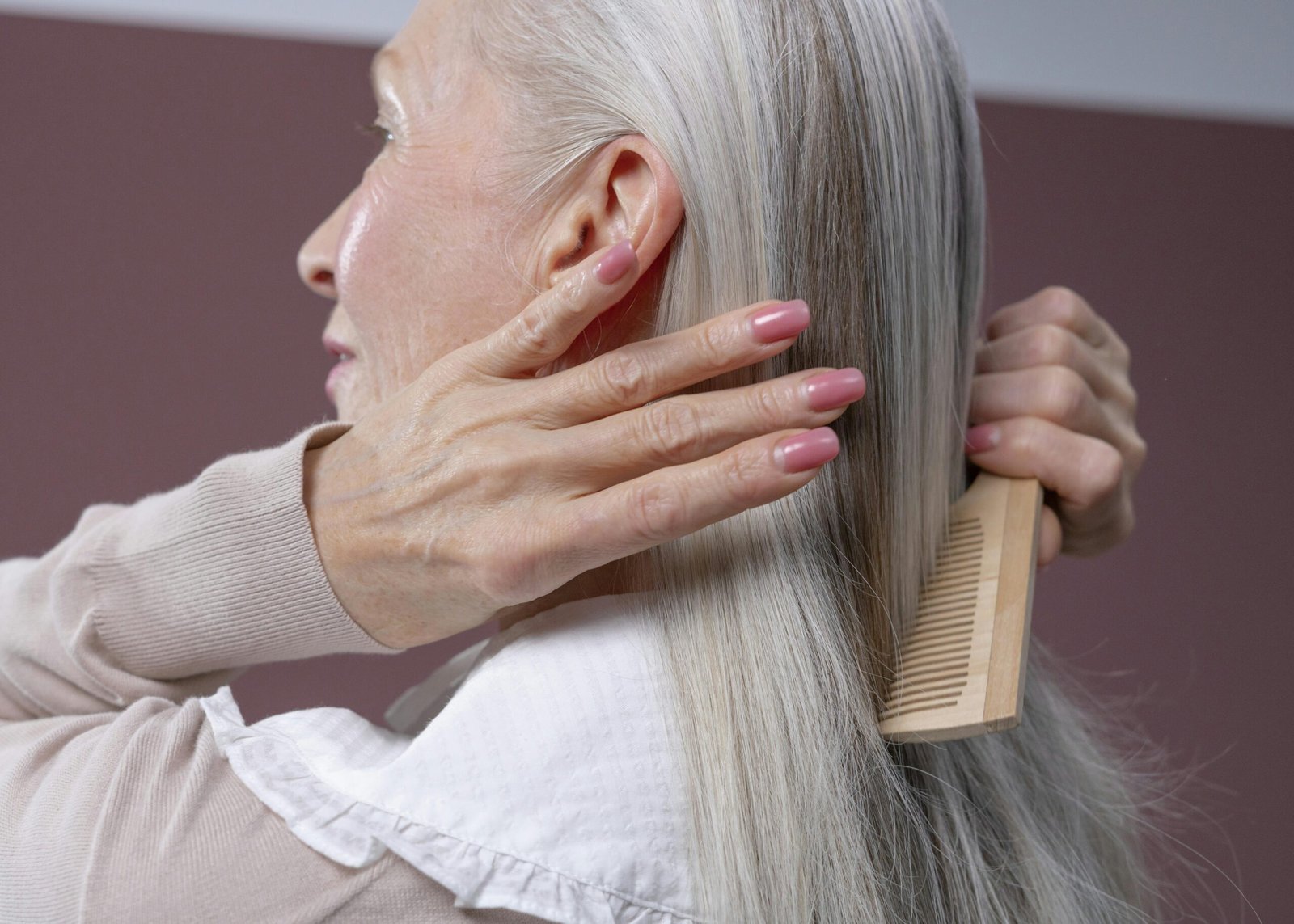
Acne is a common skin condition that affects millions of people worldwide, especially during their teenage years. However, it can persist into adulthood for some. It’s more than just a cosmetic concern; acne can impact self-esteem and quality of life. In this article, we’ll explore the reasons why acne occurs and discuss effective solutions to help you achieve clearer, healthier skin.
Why Does Acne Occur?
Acne is a multifactorial condition that can be influenced by various factors:
- Hormonal Changes: One of the primary causes of acne is hormonal fluctuations, particularly during puberty, menstruation, pregnancy, or hormonal treatments. Androgens, which are male hormones present in both males and females, can increase the size and activity of sebaceous (oil) glands. This can lead to excess oil production, which contributes to clogged pores and acne formation.
- Excess Sebum Production: Sebum is the oily substance produced by sebaceous glands to keep the skin moisturized. However, when these glands produce too much sebum, it can mix with dead skin cells and clog hair follicles. This blockage can lead to the formation of whiteheads, blackheads, and other types of acne.
- Bacterial Growth: The skin naturally hosts a variety of bacteria, including Propionibacterium acnes (P. acnes). When hair follicles become clogged with sebum and dead skin cells, P. acnes can grow and multiply, leading to inflammation and acne.
- Inflammation: Acne is essentially an inflammatory disease. When the body recognizes a blocked pore as a threat, it sends white blood cells to fight the bacteria, causing redness, swelling, and sometimes pus formation. This inflammatory response can result in different forms of acne, from small pimples to large cysts.
- Diet and Lifestyle Factors: While the relationship between diet and acne is still being studied, some research suggests that high glycemic index foods (like sugary snacks) and dairy products might exacerbate acne in some individuals. Additionally, stress, lack of sleep, and poor skincare habits can also contribute to breakouts.
- Genetics: Genetics play a significant role in determining who gets acne. If your parents had acne, you are more likely to develop it as well. Genetic factors can influence sebum production, skin cell turnover, and inflammatory response, all of which are key factors in acne development.
Effective Solutions for Acne
The good news is that acne can often be managed effectively with the right approach. Here are some proven solutions:
- Over-the-Counter Treatments: Many mild cases of acne can be treated with over-the-counter (OTC) products containing ingredients like benzoyl peroxide, salicylic acid, or alpha hydroxy acids. These ingredients help reduce oil production, speed up skin cell turnover, and fight bacteria.
- Prescription Medications: For more severe or persistent acne, a dermatologist may prescribe stronger medications. These can include topical retinoids, antibiotics, or oral medications such as isotretinoin (commonly known as Accutane) or hormonal treatments like birth control pills for women.
- Consistent Skincare Routine: A good skincare routine is essential for managing acne. This includes cleansing the skin twice daily with a gentle cleanser, using non-comedogenic (non-pore-clogging) moisturizers, and applying sunscreen daily. It’s also important to avoid over-washing or using harsh products, as these can irritate the skin and exacerbate acne.
- Healthy Lifestyle Choices: Maintaining a healthy diet, staying hydrated, and managing stress can all contribute to clearer skin. While there isn’t a one-size-fits-all diet for acne, some people find that reducing dairy intake or cutting back on sugary foods helps improve their skin.
- Professional Treatments: In some cases, professional treatments such as chemical peels, laser therapy, or light therapy may be recommended by a dermatologist. These treatments can help reduce acne by exfoliating the skin, reducing oil production, or killing acne-causing bacteria.
- Avoid Picking or Squeezing Pimples: While it might be tempting to pop pimples, this can lead to further inflammation, scarring, and infection. It’s best to leave blemishes alone and let them heal naturally or treat them with appropriate acne medications.
Search for authentic products suitable for your skin here!
Conclusion
Acne is a complex condition influenced by multiple factors, from hormones to genetics to lifestyle. Understanding the root causes of acne can help in choosing the right treatment approach. By maintaining a consistent skincare routine, making healthy lifestyle choices, and seeking professional advice when necessary, you can effectively manage acne and achieve clearer, healthier skin. Remember, every person’s skin is unique, so what works for one person may not work for another. It’s important to be patient and find a personalized solution that works best for you.




